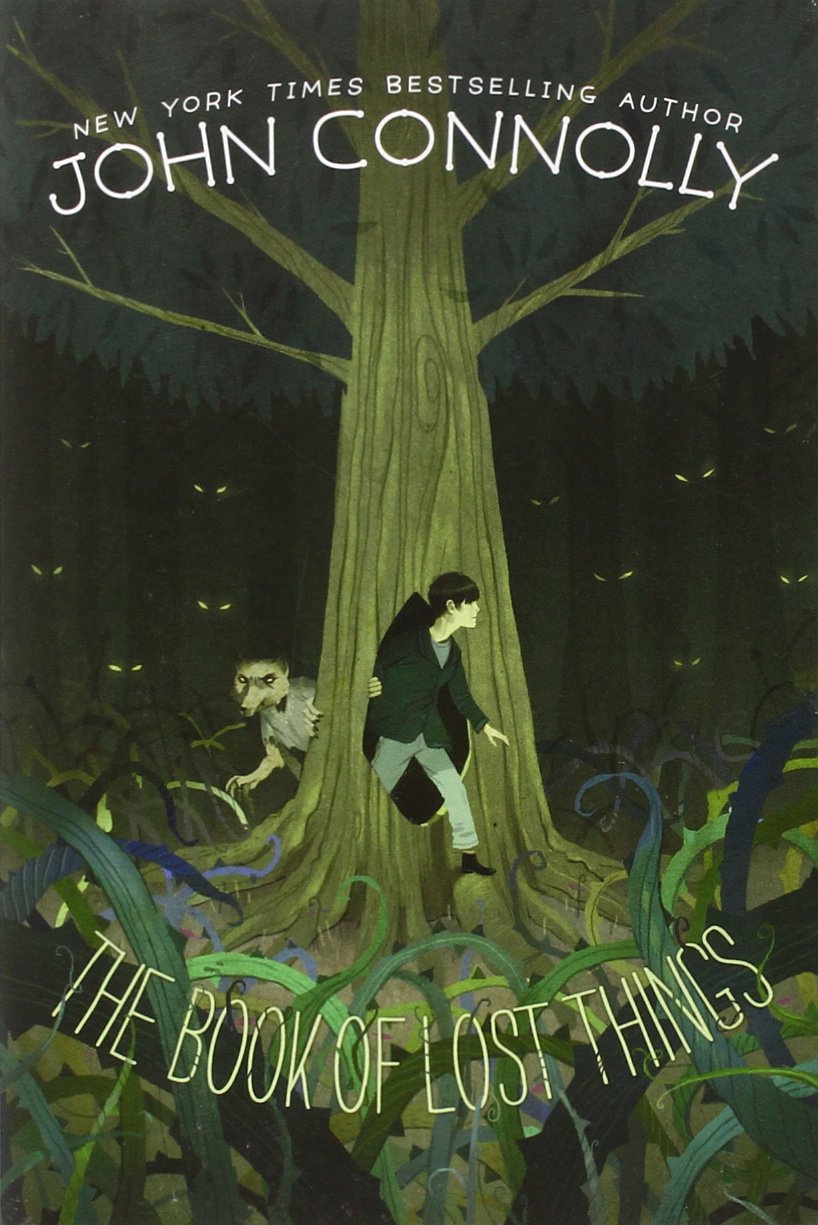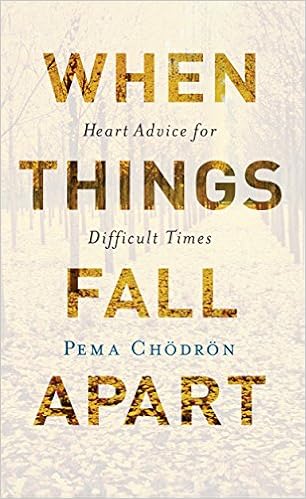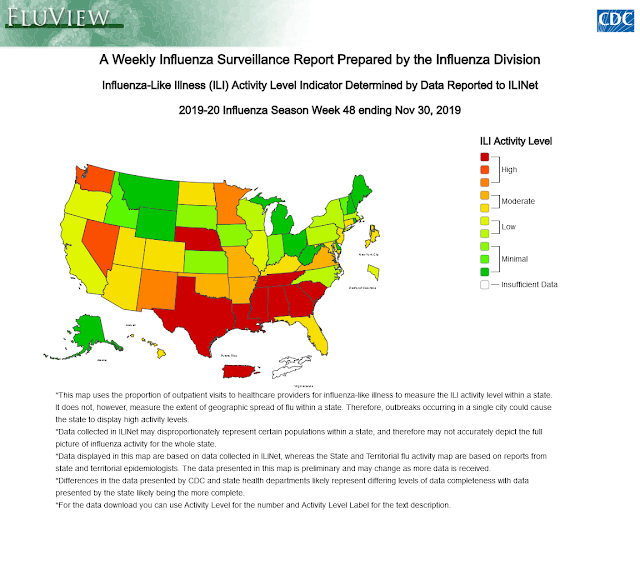One of those people is Roland, a soldier. David is traveling to find the king of this land not quite like ours, and Roland is traveling to find Raphael, his friend and "the blood in [Roland's] veins, the sweat on [his] brow." Without him, Roland says that he is less than he once was, and he fears Raphael may be dead (Connolly 207). David asks Roland if he is afraid of dying in his quest to find Raphael (Connolly 207). Roland responds:
"'I am afraid of the pain of dying . . . I have been wounded before, once so badly that it was feared I would not survive. I can recall the agony of it, and I don't wish to endure it again. But I feared more the death of others. I did not want to lose them, and I worried about them while they were alive. Sometimes, I think that I concerned myself so much with the possibility of their loss that I never truly took pleasure in the fact of their existence'" (Connolly 207).I have had to think about the so-called bus that could hit me tomorrow, but through this, I have been far more worried about the bus that could hit The Husband next week, that could hit my sisters next month, that could take away those whom I love and cherish. This terrible diagnosis has forced me to contemplate death with far more depth and detail than I would prefer.
The interesting part of this is that the more I think about death, the less afraid I am, for myself. Death is a universal truth. While, hopefully, it is obvious that I am in no rush to meet him, and I would be so pleased if he could pass me by, that is childish fantasy. I don't want to say that I am not afraid, but less afraid as a result of this choice to contemplate him.
Even now, I am far more terrified of losing those whom I love. I am a master worrier, and yes, I can and will worry myself to pieces if I haven't heard from Baby Sister in several days, or if The Husband takes an unusually long time to get home. So I can fully understand Roland's take on death. We are all dying (hopefully slowly). This story speaks to what I think may be a common experience for many of us. The fear of losing someone else hurts far more than the fear of losing myself. At this point, I've come as close as I can to accepting my diagnosis. I don't like it, but it is what it is.
Today is the 6-month cancerversary of my diagnosis. This diagnosis changed my life. I felt so much loss. Like I could no longer keep a grasp on the life most extraordinary I used to have with The Husband. The thing is, after six months, I've figured some stuff out. Yes, we still worry. Those bills won't pay for themselves. The GoFundMe has stalled out and we aren't sure how to get it rolling again.
I don't remember the last time I cried for myself. I don't know if I need to worry about that. It seems like I am reminded of my condition in different ways. The tremor in my hand. The trouble sleeping. The weird cold flashes (anti-menopause?). The unpredictable appetite. The handful of pills I have to take every day. The constant and never-ending fatigue. The constant and never-ending co-pays.
I worry constantly. But The Husband is there to hold my hand and comfort me. I am lucky to have the opportunity to take pleasure in the fact of his existence, for I know that I could not have made it this far without him.















